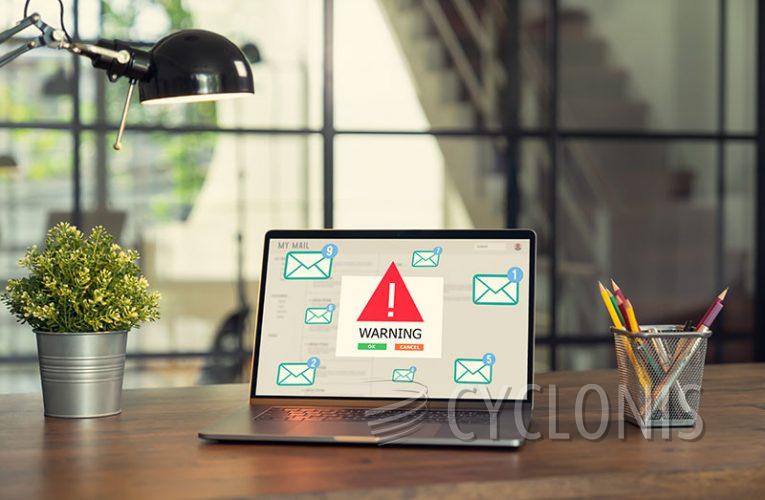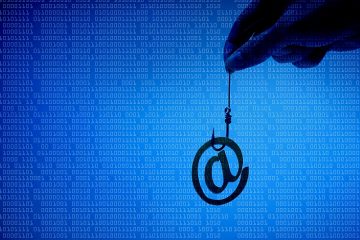Beware of 'McAfee FINAL WARNING' Email Scam

After carefully inspecting the "McAfee FINAL WARNING" email, we concluded that it is an example of a phishing scam.
This deceptive message is presented as an alert from McAfee regarding detected threats on the recipient's device. The letter falsely states that 735 viruses have been found on the system and encourages users to renew their license in order to continue using security services.
However, this mail has no connection to the real McAfee company or any other legitimate products or service providers.
When we followed the link presented in this message, it directed us to a fake sign-in page for the recipient's email account. The criminals behind these scams can use any information provided on such webpages (e.g., username/password, etc.) to access not only the exposed account but also any other accounts associated with it.
With the victim's information in their possession, scammers can hijack social media accounts and use them to ask for loans or donations, spread malware, and promote scams. Additionally, finance-related accounts (online banking, money transferring, e-commerce, digital wallets) can be used to make fraudulent transactions or online purchases.
This type of malicious email is becoming an increasingly popular method for scammers to gain access to sensitive information. It is important for users to be aware of such tactics and take steps to protect themselves from falling victim to them. Users should be suspicious of any emails that appear with urgent warnings and ask for personal information or payment details. Furthermore, it is recommended that individuals consult the official website of a product or service provider if they are unsure about an email.
What Are the Top Three Signs an Email is a Scam?
- Unfamiliar Sender: One of the most common signs an email is a scam is an unfamiliar sender. If you receive an email from someone you don’t know or recognize, it’s likely to be spam or a phishing attempt. Delete the message immediately and never click on any links contained in the message.
- Requests for Personal Information: Legitimate companies will never ask for personal information, such as passwords, bank account numbers or Social Security numbers, via email. If you receive an email asking for this type of information, it’s likely a scam.
- Incorrect Grammar and Spelling: Scammers often use poor grammar and spelling in their emails to appear more convincing. If the message contains multiple errors or appears to be written by someone with a different native language, it’s likely a scam.








